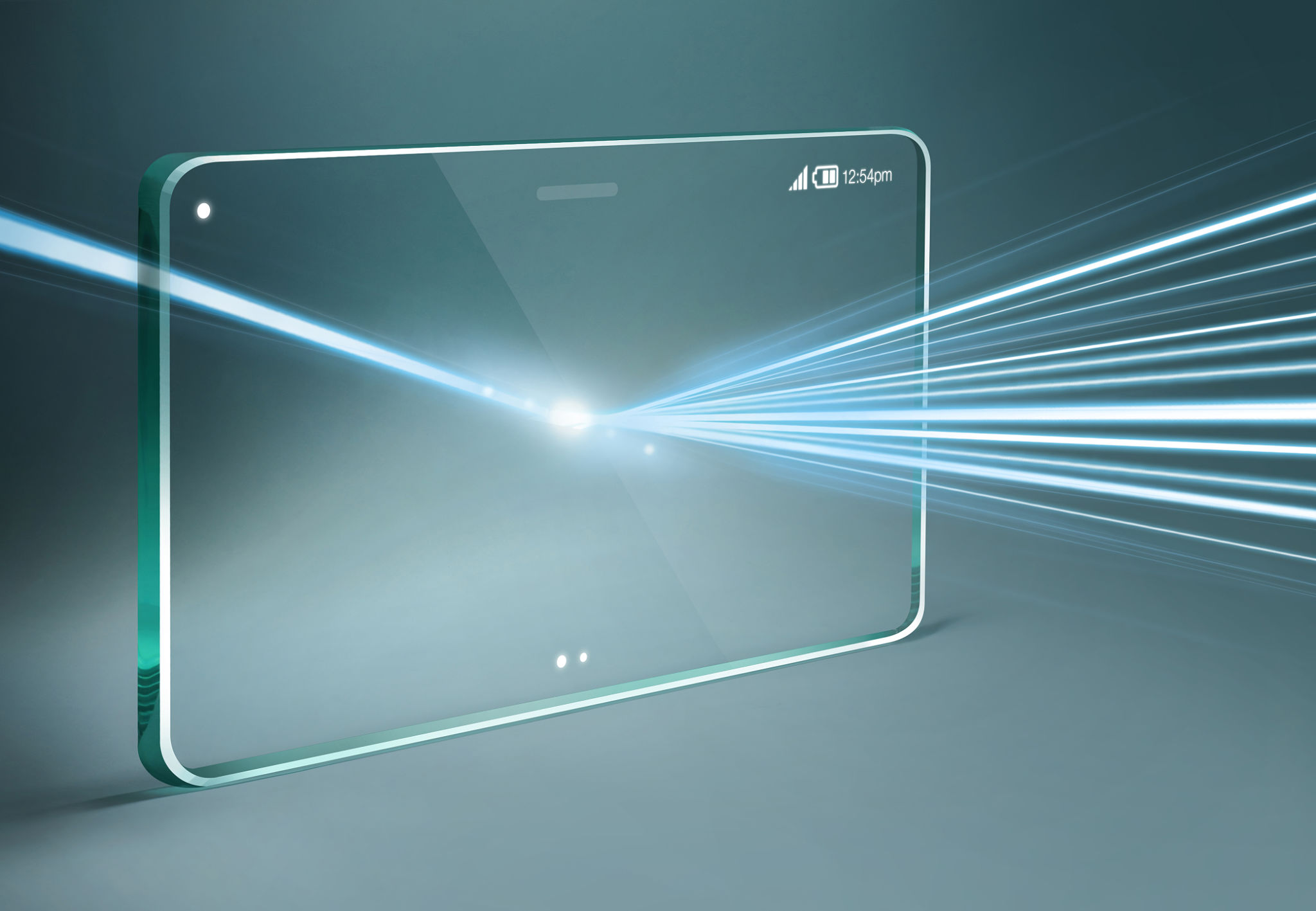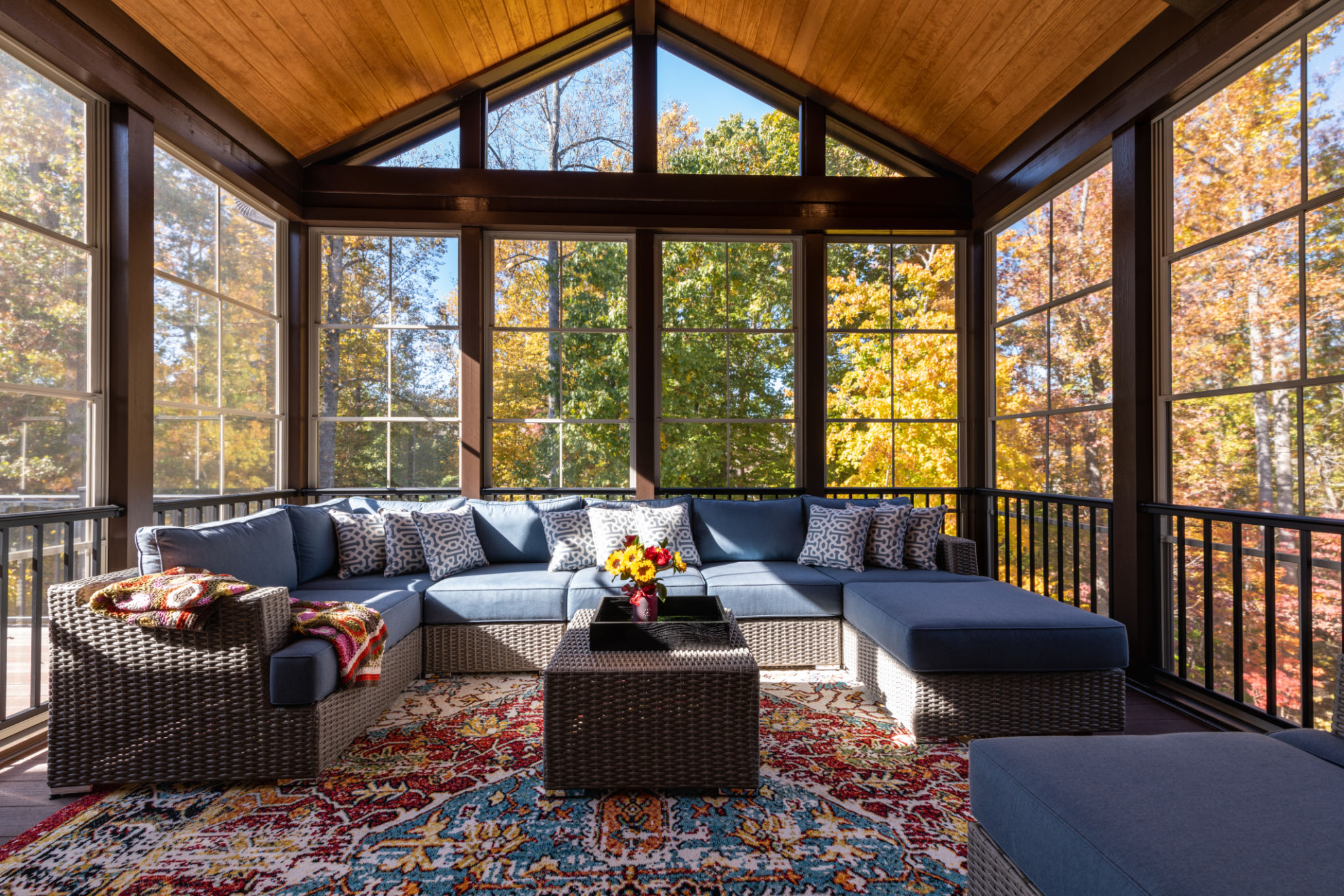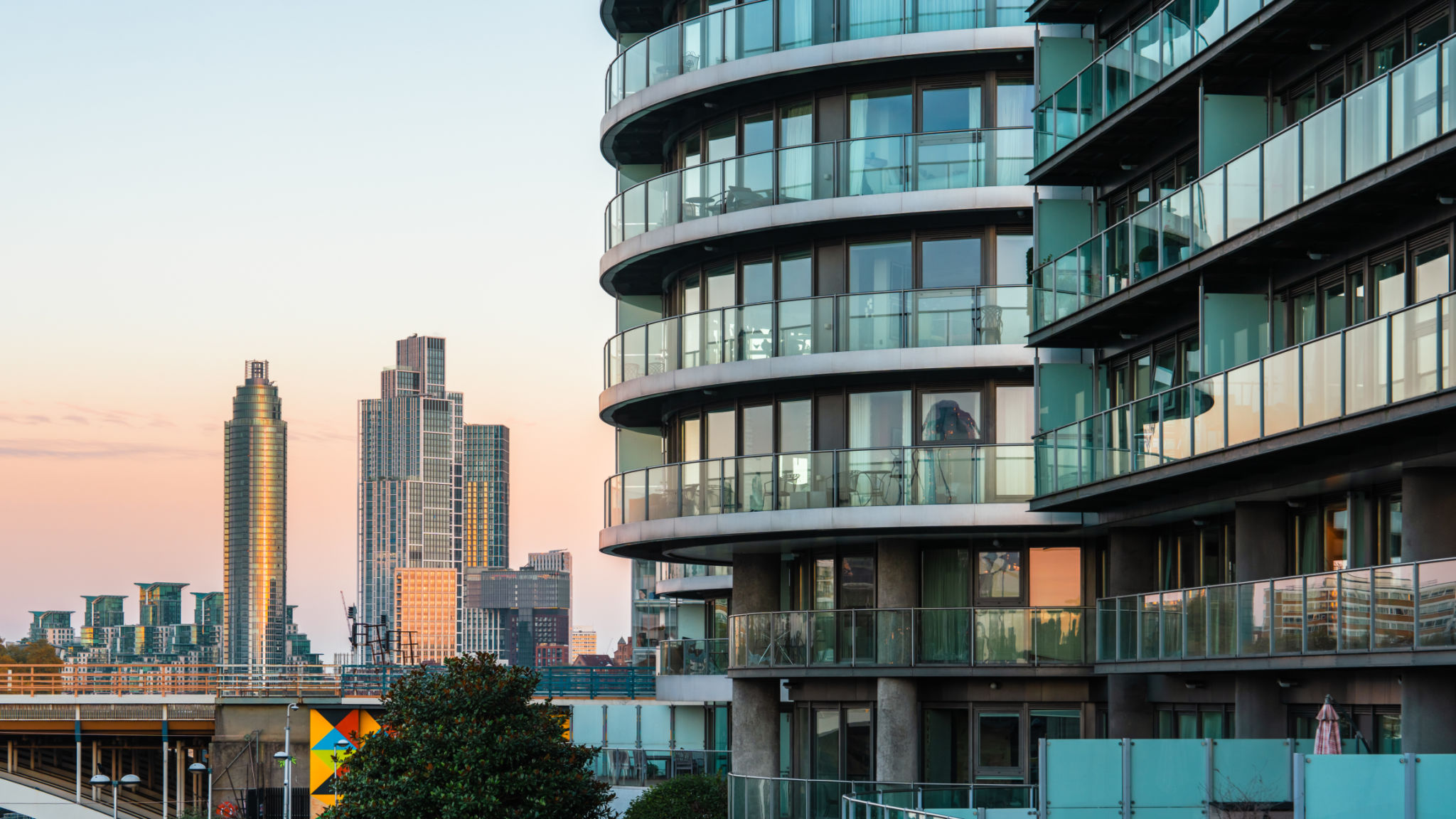Smart Glass vs. Traditional Window Solutions: What Londoners Need to Know
Understanding Smart Glass Technology
As technology continues to evolve, so do our choices for home and office upgrades. One significant development is the integration of smart glass in place of traditional windows. Smart glass, also known as switchable glass, offers dynamic light control, allowing you to adjust the amount of light entering your space with a simple switch or app control. This innovative solution is becoming increasingly popular in London, a city known for its blend of old and new.
The primary appeal of smart glass lies in its ability to transform from transparent to opaque, providing privacy without compromising on natural light. It can also help regulate indoor temperatures, reducing the need for artificial heating and cooling. This feature makes it an attractive option for environmentally conscious Londoners looking to reduce their carbon footprint.

Traditional Windows: A Timeless Choice
While smart glass offers modern conveniences, traditional windows continue to hold their ground due to their classic appeal and cost-effectiveness. Many properties in London, especially those in historic neighborhoods, feature traditional windows that complement their architectural styles. These windows are often easier and cheaper to install and maintain compared to their high-tech counterparts.
Moreover, traditional windows can be customized with various materials and designs to suit personal preferences while still offering energy-efficient options through double or triple glazing. For those who prioritize aesthetics and heritage over technological advancements, traditional windows remain a popular choice.

Cost Considerations
When it comes to cost, traditional windows generally have the upper hand. The upfront installation expenses of smart glass can be significantly higher due to the technology involved. However, it's essential to consider the long-term savings on energy bills that smart glass can provide. Traditional windows might require additional investments in curtains or blinds for privacy and light control, which could add to ongoing costs.
Environmental Impact
For eco-conscious individuals, the environmental impact of window solutions is a crucial consideration. Smart glass can contribute to energy efficiency by reducing the need for artificial lighting and climate control systems. On the other hand, traditional windows with proper insulation can also enhance environmental sustainability when paired with energy-efficient practices.

Choosing the Right Solution for Your Needs
The decision between smart glass and traditional windows ultimately depends on individual needs and priorities. If you seek cutting-edge technology and are willing to invest in long-term benefits, smart glass might be the ideal choice. For those who prefer a classic look with a focus on budget-friendly solutions, traditional windows may be more suitable.
Consider factors such as the architectural style of your property, your lifestyle preferences, and future renovation plans when making your decision. Both options have their unique advantages and can significantly enhance your living or working environment when chosen thoughtfully.
The Future of Window Solutions in London
As London continues to evolve as a hub of innovation and tradition, window solutions are no exception. The integration of smart glass in contemporary architecture is likely to increase as technology advances and becomes more accessible. Meanwhile, traditional windows will remain a staple in preserving the city's rich history and charm.

Ultimately, whether you opt for smart glass or traditional windows, both choices offer unique benefits that cater to diverse needs. By understanding these options, Londoners can make informed decisions that align with their values and enhance their spaces for years to come.
